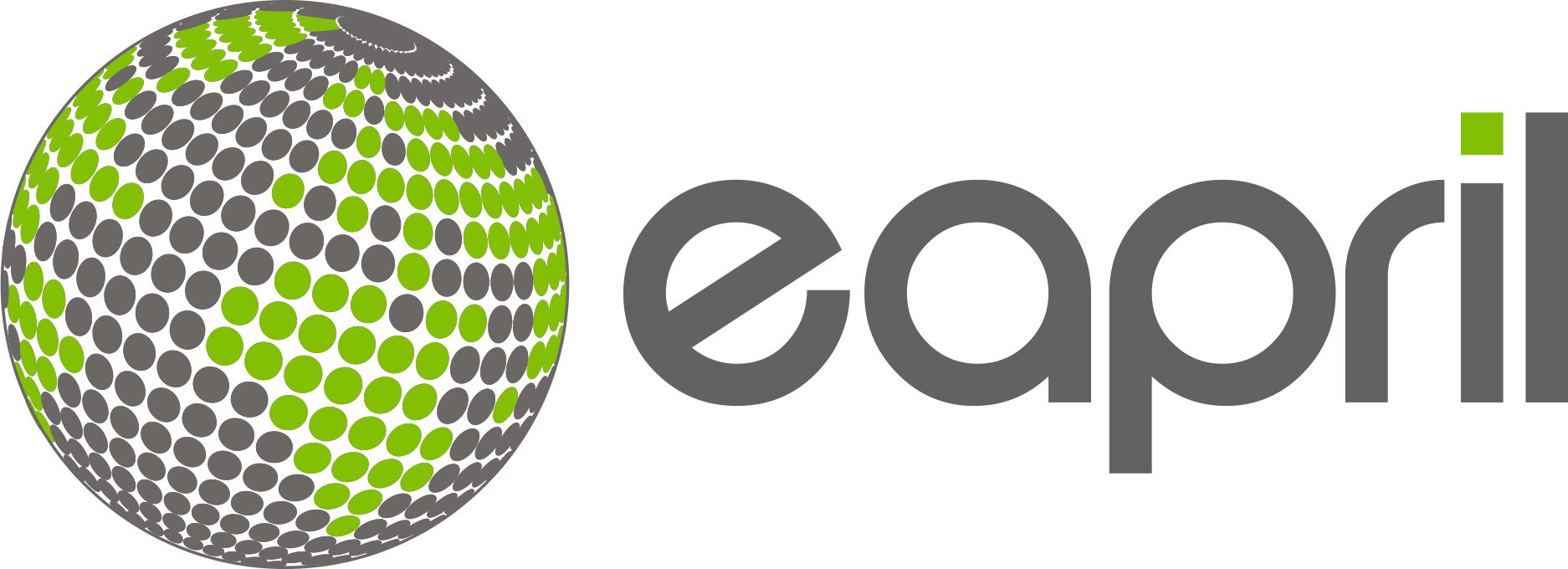Call for abstracts Thematic Track - Cloud 14 EAPRIL
Egide PHM Maassen & Marieke E Veltman

The world of work is changing. Wicked problems such as the design of smart cities, diversity in
education, sustainable development, and social inequality, increasingly require professionals to
engage in collaborative, boundary crossing, and non-linear approaches in multiple-stakeholder
contexts (Akkerman & Bakker, 2011; Koppenjan & Klijn, 2004). In Higher Professional Education (HPE),
these shifts in the world have led to a greater emphasis on the skills and dispositions needed to deal
with wicked problems in society (Neubert et al., 2017). HPE institutions are taking up the challenge to
address and translate current wicked societal challenges into curricula as well as in applied research
programmes for the sake of this societal relevance (Ćulum et al., 2013; Jongbloed et al., 2008; Neubert
et al., 2007). Wickedness is defined here as the combination of complexity, uncertainty, and value
divergence between the involved stakeholders (Head, 2008; Veltman et al., 2021).
The mutual learning and collaboration of students, teachers, researchers, and external stakeholders in
the regional ecosystem takes many forms, such as Centres of Expertise in which innovative and
ambitious collaborations and partnerships in the quadruple helix are realised, and connections are
made between societal challenges, higher professional education, and top sectors (Reiner, 2019); field
labs; living labs(Veltman, van Keulen & Voogt, 2019); regional learning environments (Gulikers & Oonk,
2019); and other boundary practices.
The challenge to align and integrate these problems in a coherent curriculum design itself also contains
a high degree of wickedness and cut across different systems: school, professional fields, and society.
Teachers, applied researchers, the involved external stakeholders, and students have diverging values
and interests and use different (coping) strategies to guard their interests, to manage risks and reach
their goals. Another significant challenge relates to framing of the aimed relation with the main
stakeholders, and clarification of their roles, responsibilities and participation in the problem-solving
process. This raises important questions about how the expectations and roles of teachers, students,
researchers, and external stakeholders, being clients, commissioners, partners or otherwise, can be
managed in order to foster participatory and adaptive approaches. It requires continuous mutual
learning and close collaboration with external stakeholders. What is needed is a better understanding
of how knowledge is created, transferred and intertwined between and within organizations to create
value (Brix, 2020).
Submissions can for instance focus on:
• How can a process be fostered that yields value and enhances learning of all parties involved?
• How can the relation with the (external) stakeholders of higher education be managed and
made sustainable, to foster participants’ learning in participatory and adaptive approaches?
• How to address and translate wicked problems into relevant education and research by HPE
institutions?• What do companies and organizations expect from higher education in order to foster
students’ competences towards addressing wickedness?
• How can the absorption capacity of HPE institutes for transdisciplinary collaboration and
learning be enhanced? What is the role of leadership and management in this respect?
• How can mutual understanding and a shared language be created to support learning and
innovation?
Upcoming Cloud Event
Prior to EAPRIL2021, Cloud 5 & 14 is organizing a Cloud Event which will take place online on May 25, 2021 - 14:00 - 16:30 CEST. During this event, to which you are cordially invited, we will focus on the complex challenge of
shaping the collaboration between HPE programmes, research groups, faculties, support within HPE
institutes, and the diversity of external stakeholders in the regional ecosystem (Huxham & Vangen,
2000).
More information and registration here.
References
Akkerman, S. F., & Bakker, A. (2011) Boundary crossing and boundary objects. Review of educational
research, 81(2), 132-169.
Brix, J. (2020) Interorganizational Learning: Where are we now and where is research taking us? Call
for papers by the Learning Organization. Emerald Publishing.
Ćulum, B., Rončević, N., & Ledić, J. (2008) Wicked problems in public policy. Public Policy 3(2): 101-118.
Gulikers, J., & Oonk, C. J. S. (2019) Towards a Rubric for Stimulating and Evaluating Sustainable
Learning. Sustainability 11(4): 969. doi:10.3390/su11040969.
Head, B. W. (2008) Wicked problems in public policy, Public Policy, 3(2), 101-118.
Huxham, C., & Vangen, S. (2000). Ambiguity, complexity and dynamics in the membership of
collaboration. Human Relations, 53 (6), 771-806.
Jongbloed, B., Enders, J., & Salerno, C. (2008) Higher education and its communities: Interconnections,
interdependencies and a research agenda. Higher Education, Vol. 56, p. 303-324.
Koppenjan, J. F. M., & Klijn, E.H. (2004) Managing uncertainties in networks: a network approach to
problem solving and decision making. London: Routledge.
Neubert J., Lans, T., Mustafic, M., Greiff, S., & Ederer, P. (2017) Complex Problem-Solving in a Changing
World: Bridging Domain-Specific and Transversal Competence Demands in Vocational
Education. In: Mulder M. (eds) Competence-based Vocational and Professional Education.
Technical and Vocational Education and Training: Issues, Concerns and Prospects, vol 23.
Springer, Cham.
Reiner, C., Bekke, H., Hooghiemstra, E., van Mil, T. , de Ruiter, H., & Rullens, L. (2019) Centres of
Expertise: groeibriljant voor excellente samenwerking in het hbo. Eindrapport van commissie
Centres of Expertise.
Veltman, M. E., van Keulen, J., & Voogt, M.J. (2019) Design principles for addressing wicked problems
through boundary crossing in higher professional education." Journal of Education and Work
32(2): 135-155. doi:10.1080/13639080.2019.1610165.
Veltman, M. E., van Keulen, J., & Voogt, M.J. (2021) Using problems with wicked tendencies as vehicles
for learning in higher professional education: towards coherent curriculum design. The
Curriculum Journal n/a(n/a). doi:10.1002/curj.100
Contact
If you have any questions or need further information about this call, feel free to contact us:
Share this post
About the author
Lorem, ipsum dolor sit amet consectetur adipisicing elit. Doloribus incidunt esse labore sint, sequi commodi reprehenderit quos dicta nesciunt quasi tempora nobis amet tenetur suscipit quisquam adipisci minus autem fuga.
